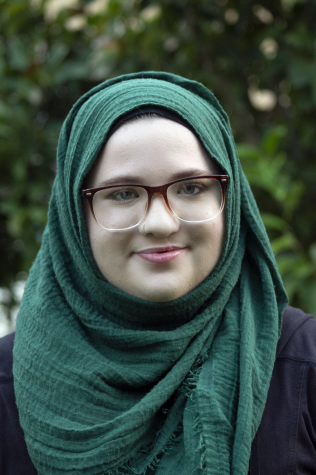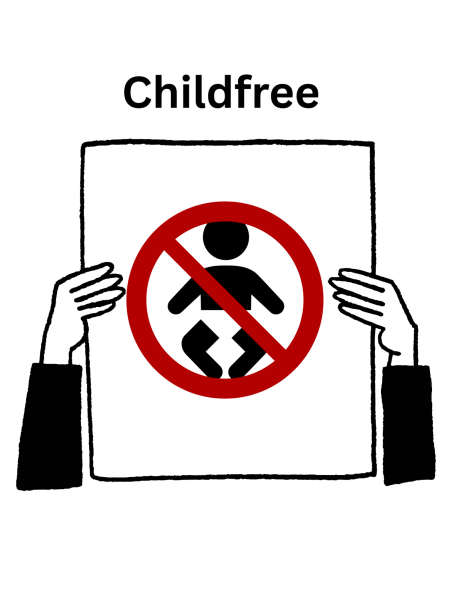Pot at the polls: What you need to know about measures D and E
March 3, 2020
With the California primaries just around the corner, Kern County voters are receiving yet another chance to legalize the sale of medicinal marijuana.
In 2018, Bakersfield voters struck down three different measures that would have allowed the sale of marijuana in Bakersfield and some surrounding cities, both recreational and medicinal depending on the measure.
Measure J would have upheld an existing recreational marijuana ban while creating a legal pathway for the sale of medicinal marijuana. It was struck down 60.13% to 39.87%. Measure K would have legalized recreational marijuana sales, while Measure O would have legalized medicinal marijuana sales. Both measures K and O received “no” votes around the margins of 50%.
The current measures, Measure D and Measure E, would both provide a pathway to the opening of medicinal marijuana dispensaries in Bakersfield.
Measures D and E look similar, but their pathways to opening dispensaries are very different. While Measure D was proposed by a citizen’s initiative, Measure E was proposed by the Kern County Board of Supervisors.
This is not the first time the Kern County Board of Supervisors has provided an alternative measure to measures proposed by citizen’s initiatives.
Measure D authorizes the re-opening of dispensaries opened before Jan. 1, 2018 and the future openings of medical marijuana dispensaries in Bakersfield. This measure would not require a special permit for the dispensaries to open, but it would require dispensaries to be at least 1,000 feet from schools. It would also impose a 3.75% special business tax per every $1,000 of gross income, according to documents filed with the Kern County Planning and Natural Resources Department.
Measure E, however, takes a much stricter approach to the opening of new medical marijuana dispensaries. This measure would authorize the opening of dispensaries in an unincorporated area in the county and the dispensaries would have to require a special permit.
To obtain a permit, a public hearing would be required where community members could discuss the potential opening of a shop. Like Measure D, this measure would impose a 3.75% special business tax per every $1,000 of gross income.
The major differences between the measures are that Measure E would limit dispensaries to agricultural or industrial zones, limit the number of dispensaries, require a permit, and allow community input, according to Joshua Foster, a field representative for District 2 Supervisor Zack Scrivner.
Foster said that Scrivner believes Measure E would be a safer option for Bakersfield residents, as opposed to Measure D which does not allow for community input.
But not every community member believes the regulations of Measure E are necessary for a safe community.
Emma Jordan-Scott, 22, is a lifelong Bakersfield resident and plans to vote in the California 2020 primary.
Scott believes there is little difference in the safety of residents between the two measures.
“Both measures ensure that patients can get the treatment they need. I’m voting for Measure D, not for safety but to support my local shops who have been operating for years now and deserve to run legally,” Scott said. “What’s unsafe is illegal dealing and lack of oversight.”
Though Californian voters legalized the consumption of recreational marijuana in 2018, multiple counties have implemented local bans on the sale and manufacturing of the substance. If voters vote “no” for both measures D and E, Kern County will remain one of them.







